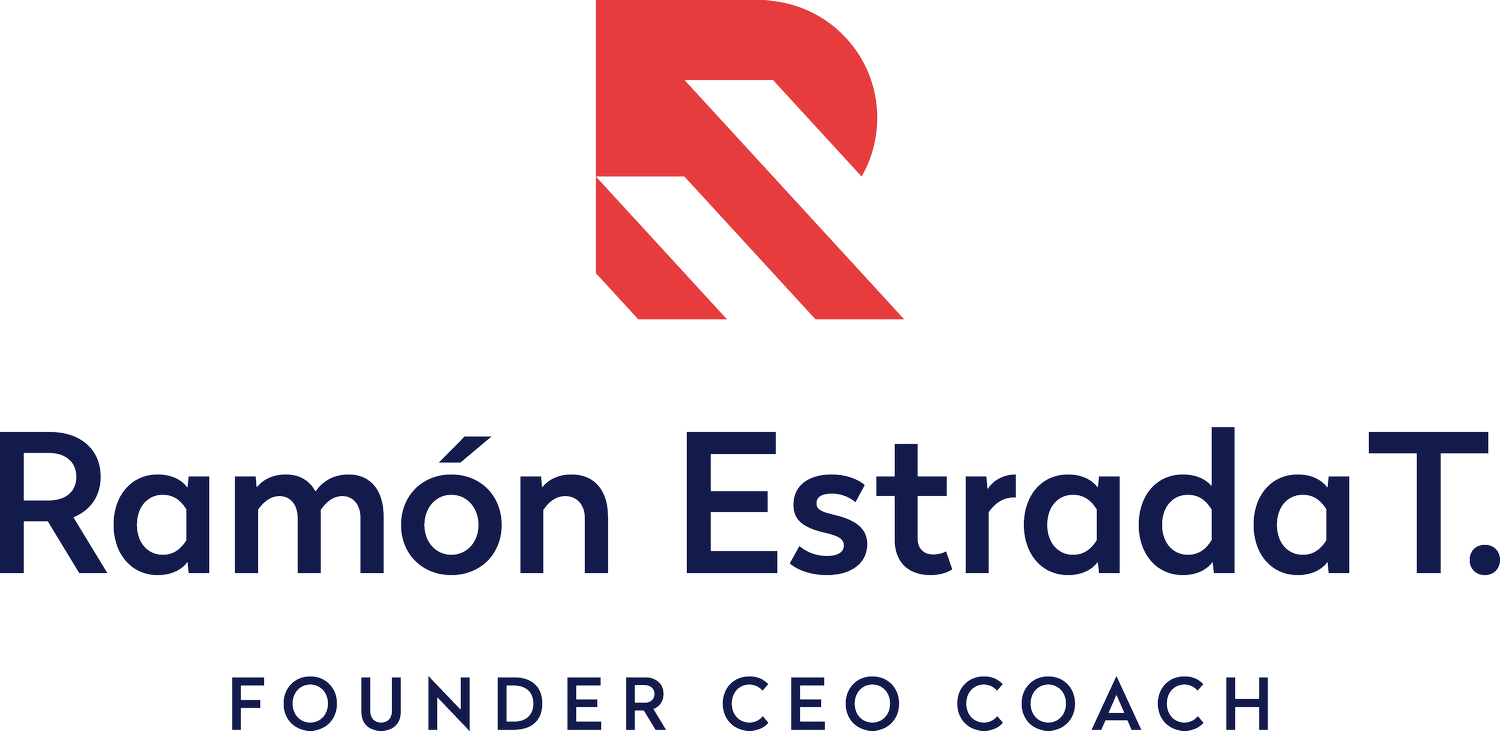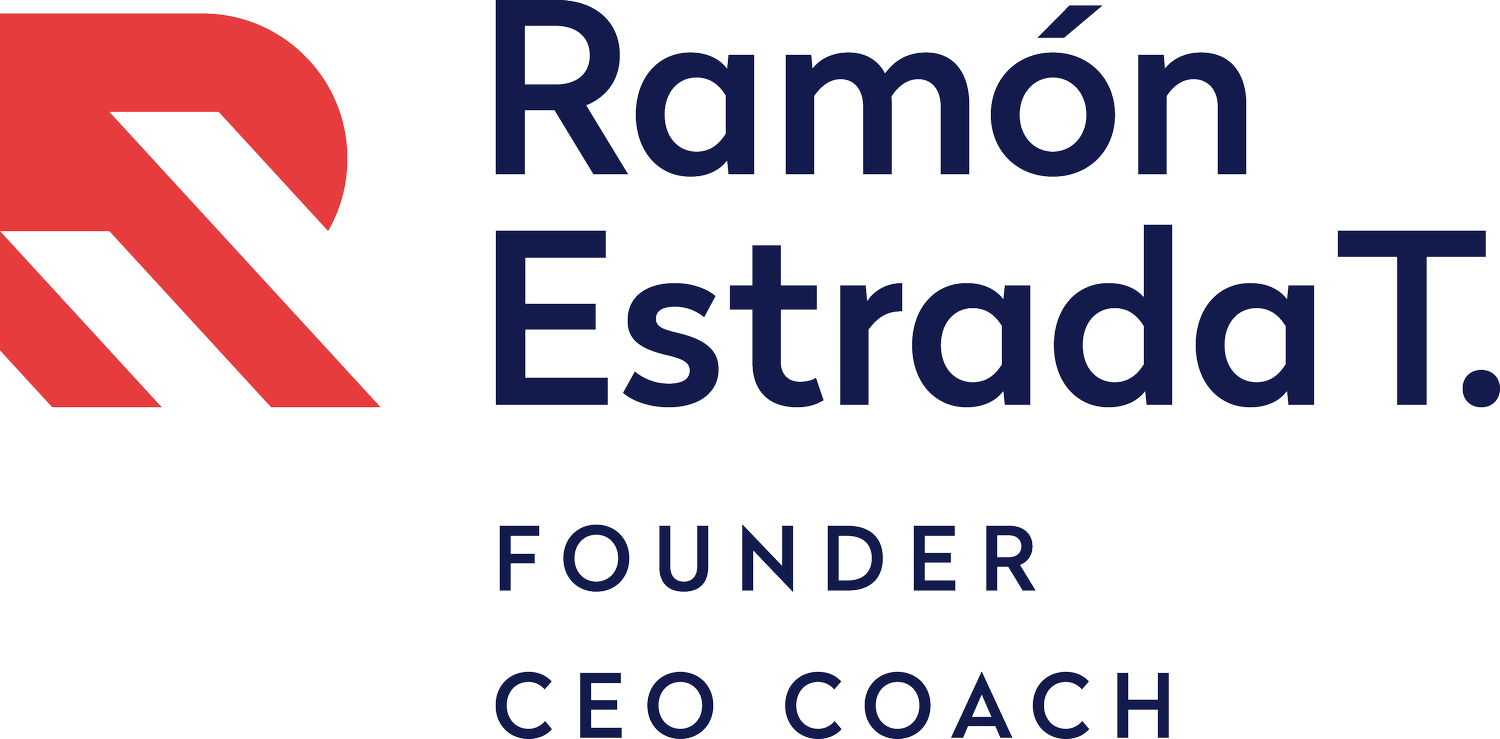Leadership Development: Building Character
Often, when people imagine the path to leadership, they only think of the external work that they will have to do, like achievements and recognition from others. However, leadership development is much more internal, and it starts from within, essentially by building character. In fact, Stephen Covey, author of The 7 Habits of Highly Effective People, argues that leadership development begins with character and that this is more important than accomplishments when it comes to successful leadership.
Throughout this article, I’m gonna explain how leadership development is dependent on character development, and you will be able to explore what character is, how culture affects it, and three techniques for building character.
How Does Character Affect Leadership Development
So, what is character? When we talk about character, we mainly refer to the inner morals and ethical principles that a person has developed over the years and how they guide his or her everyday actions.
Through character, we unconsciously create consistent habits that become patterns, and these habits, end up defining how we live our lives. In fact, if you want to have a better understanding of your character, take a look at your habits, they will tell you a lot about who you are and what you believe in.
Habits and character communicate back and forward. If you change a belief, it is very likely that you will change one or several habits. Being self aware of your character
will allow you to set foundations for developing positive habits that will help you be more effective on your path of leadership development. Plus, instincts also come from our character, and as a leader, you will face many situations in which you are gonna have to trust your instincts.
How Culture Affects our Leadership Development
Humans live an integrated life. The things we experience in our world have an effect on every aspect of our lives, including work. Covey claims that there are three cultural problems affecting our character:
Fear and Insecurity
You can’t turn on the tv or look at social media without seeing the latest news on a failing economy or war going on somewhere in the world. Whether we realize it or not, this inescapable stream of bad news leaves us feeling fearful and insecure. The natural response to all this unease is to become more dependent on ourselves.
However, Covey argues that for leadership development to occur, you need to become more interdependent. Let go of the fear and insecurity you feel in your work. Just as your team trusts your leadership, you need to trust them to carry out their tasks and jobs.
Instant Gratification
With all the technological advances and innovations happening today, we are getting used to having everything we desire right away. Services like Amazon and Netflix has taught us how good it feels to get what we want right when we want it. But, take a pause and ask yourself: Is a short-term mentality allowing you to focus on how to get results in 5-10 years? To grow as a leader, you need to break up with “I want it now” thinking, and start operating with a long term goal-oriented mindset.
Blame and Victimization
Blame chains us to our past. But you don’t need to pretend that your past has no effect on your present or future self. Covey suggests that by recognizing and accepting our history, taking responsibility, and focusing on what we can change, we can build a strong character ethic.
Blame and victimization chain us to our past, and yes, your past has an effect on your present or future self. But authentic leaders recognize and accept their past, take responsibility, and focus on what they can change. Our past is, in fact, how we can become more authentic and effective leaders. So shift the focus, stop seeing your past as chain and shit the perspective, use your past to endure, and to empower yourself towards a better future. You always have the ultimate choice.
Leadership Development: How to Build Character
You might now be wondering, how can I start building character and moving in the right direction? It all starts by assessing your view of the world and acknowledging when you can shift focus, you can develop your character to be primed for leadership development.
Pygmalion Effect
Our perceptions rule our actions, and they can even lead to self-fulfilling prophecies. This has a significant effect on us as leaders. According to the Pygmalion Effect, if we imagine that someone on our team will fail, we will actually unconsciously act in ways to facilitate the failure. When assessing your character, it is crucial to examine your perspective because your lens leads to your results.
Character Ethic vs. Personality Ethic
Although character and personality are often used interchangeably, they are actually two different things. Think of an iceberg; your personality is what the world can see, while your character is your internal values.
In the past 150 years, success used to rely more on character traits. But, the focus has shifted to personality in the last 50 years. According to Covey, personality is a quick fix that relies on image and charm. It is more important to pay attention to our character ethic because if our character is flawed, then, over time, our personality will break down too.
Paradigms
Our paradigms are our own personal maps, guiding us as we see and discover the world. Mostly, paradigms are our perceptions. And just as more than one map exists in the world, your perception is not the only viewpoint on your team.
The way we see the world directly affects our attitude towards others and our behaviors in society. Leadership development requires a conscious paradigm shift from personality-based thinking to character-based thinking.
As you develop as a leader, your character will evolve too. By understanding the culture around us and assessing your perceptions, you will be able to create a strong character ethic that will keep you grounded on your path to successful leadership.
In conclusion, building character is a job of introspection and constant self-awareness. It’s not an easy job, because most beliefs are very well impregnated on ourselves as they are something we have unconsciously developed over the years. But it can be done! Start reflecting on your internal values and who you are. Analyze which thoughts and beliefs are helping you and which ones are impacting you in a negative way., Make it a priority to start being conscious about your thoughts and how they are affecting you emotionally and psychologically.


